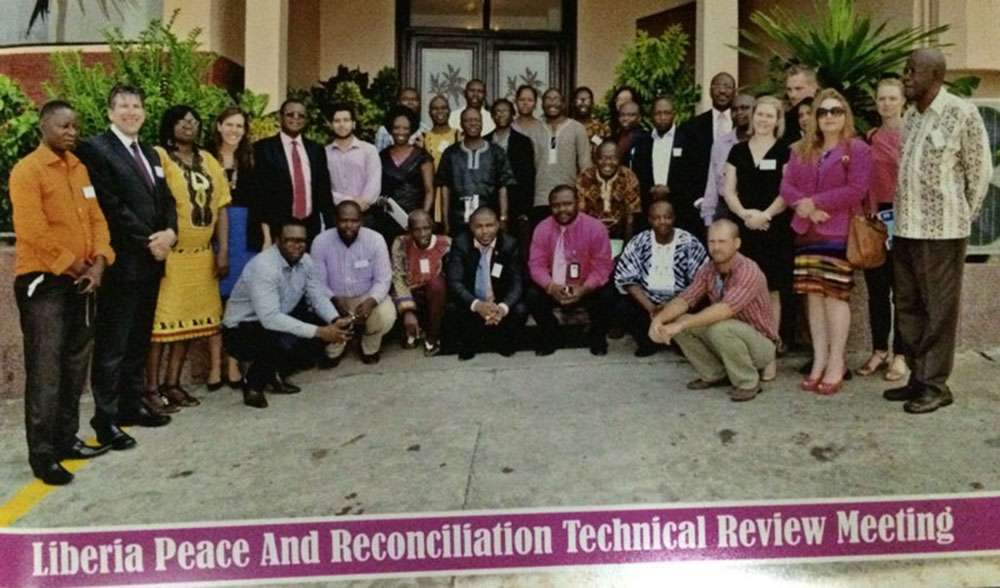
ACCORD partners with Liberian Peacebuilding Office to implement Peace and Reconciliation Roadmap
Liberian Peacebuilding Office consults with ACCORD to ensure the successful implementation of their ambitious plan for peace.

Liberian Peacebuilding Office consults with ACCORD to ensure the successful implementation of their ambitious plan for peace.
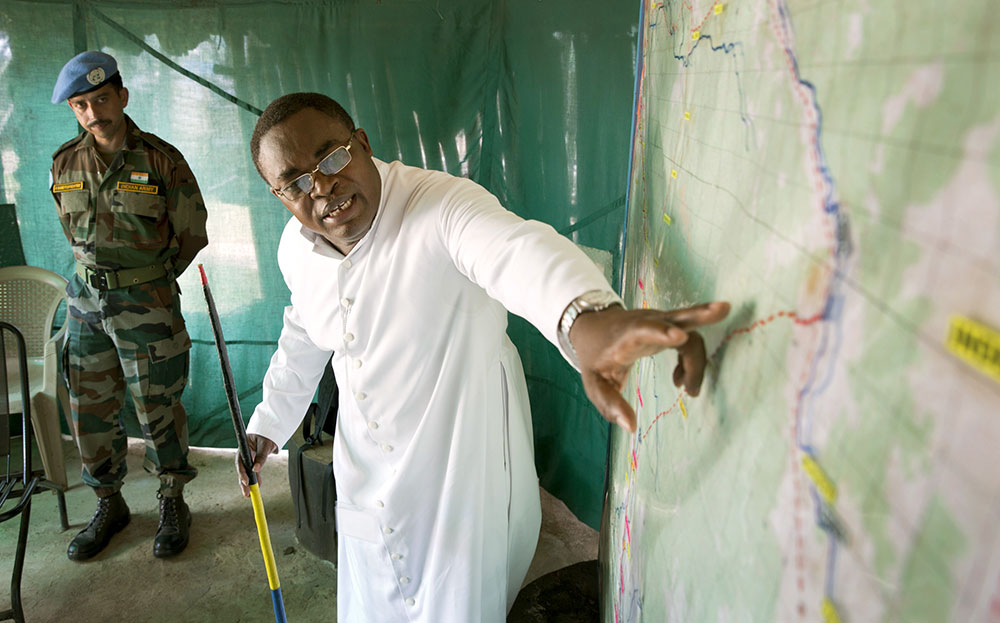
Results from Bentrovato’s survey of Congolese youths’ views on their Rwandan neighbours role in the Tutsi genocide and other conflicts
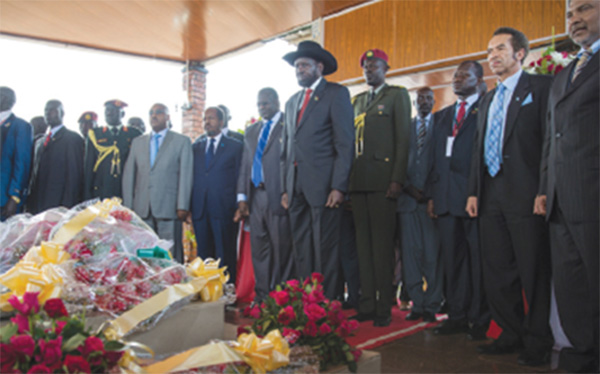
Policy & Practice Brief offers recommendations supporting South Sudan Government and civil society actors.
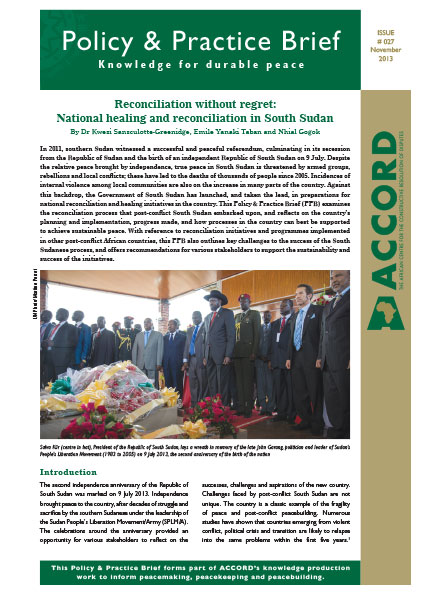
In 2011, southern Sudan witnessed a successful and peaceful referendum, culminating in its secession from the Republic of Sudan and the birth of an independent Republic of South Sudan on
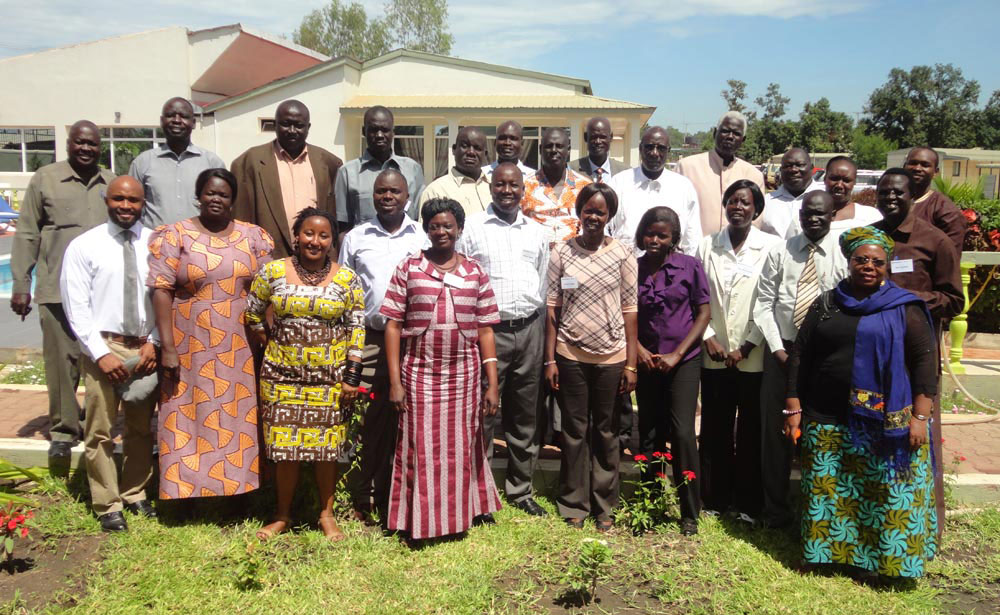
ACCORD’s South Sudan Initiative hosts training sessions to enhance conflict management capacity of South Sudanese government institutions.
Nigusie Angessa has an M.A. degree in Foreign Language Studies and has taken high level trainings in the areas of peace and conflict. He is a lecturer in the College
Dr Hapanyengwi-Chemhuru is a senior lecturer in philosophy of education at the University of Zimbabwe. He has been with the Department of Educational Foundations since 1995. Currently he is chairman
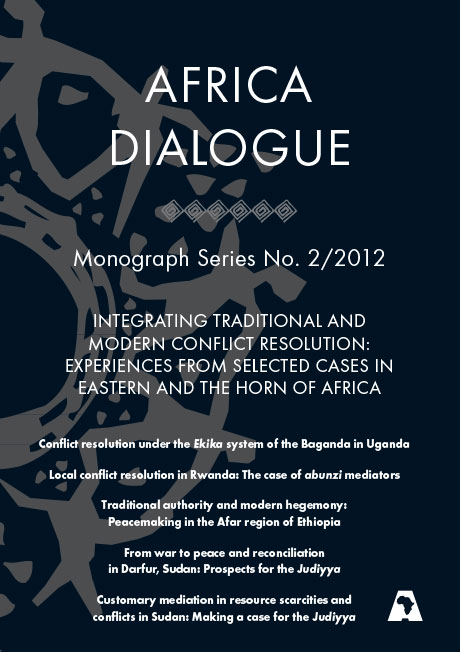
Introduction– by Martha Mutisi Conflict resolution under the Ekika system of the Baganda in Uganda– by Ashad Sentongo & Andrea Bartoli Local conflict resolution in Rwanda: The case of abunzi
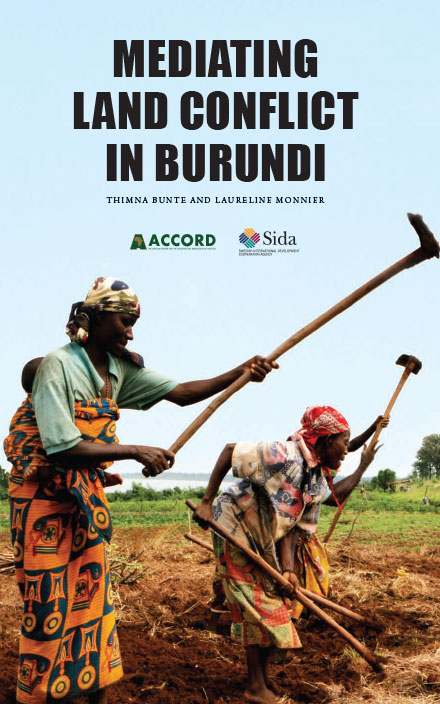
ACCORD has been active in Burundi since 1995, playing a second-track diplomacy role in the Arusha peace negotiations that led to the Arusha Peace and Reconciliation Agreement for Burundi in
Allard Duursma is a research intern in the Department of Knowledge Production at ACCORD and is a second-year Masters degree candidate in Peace and Conflict Studies at Uppsala University, Sweden.